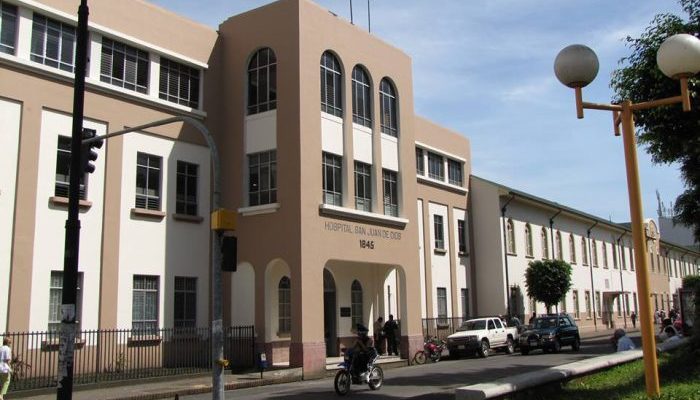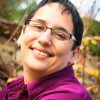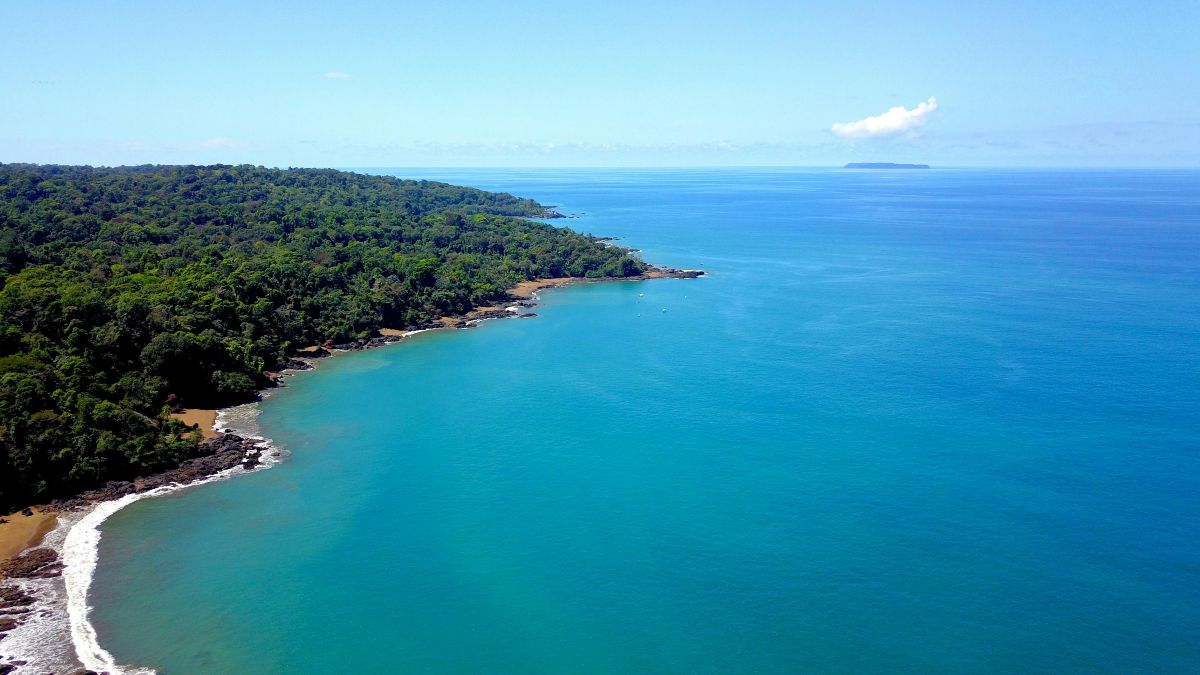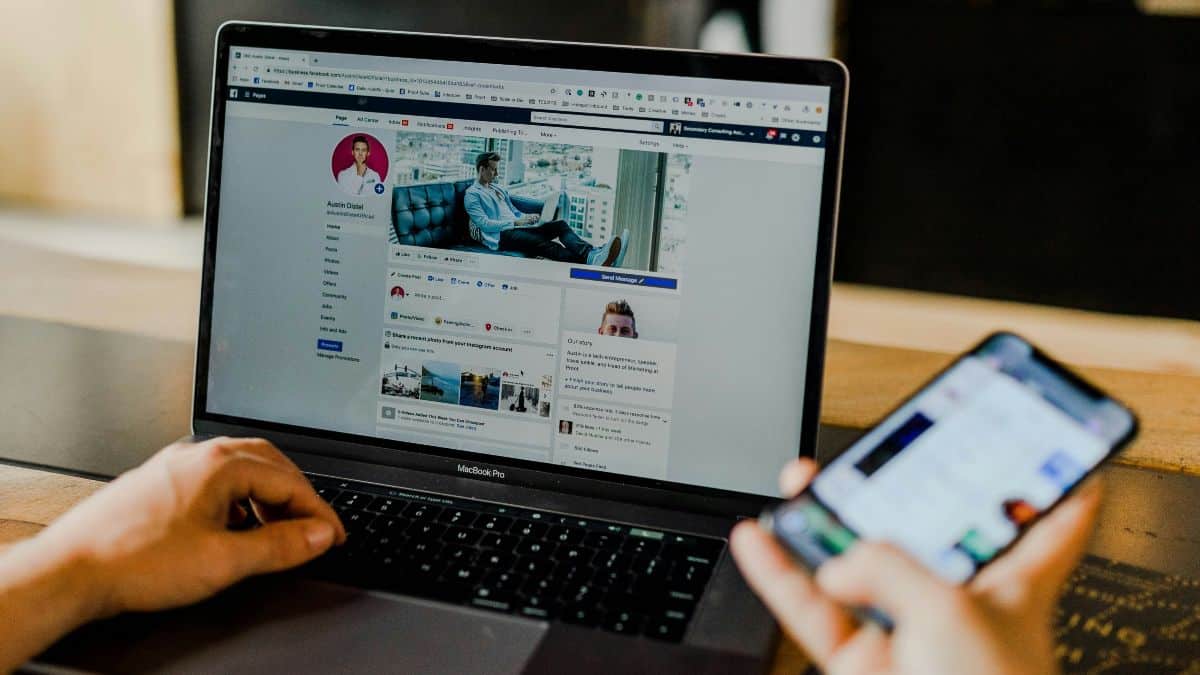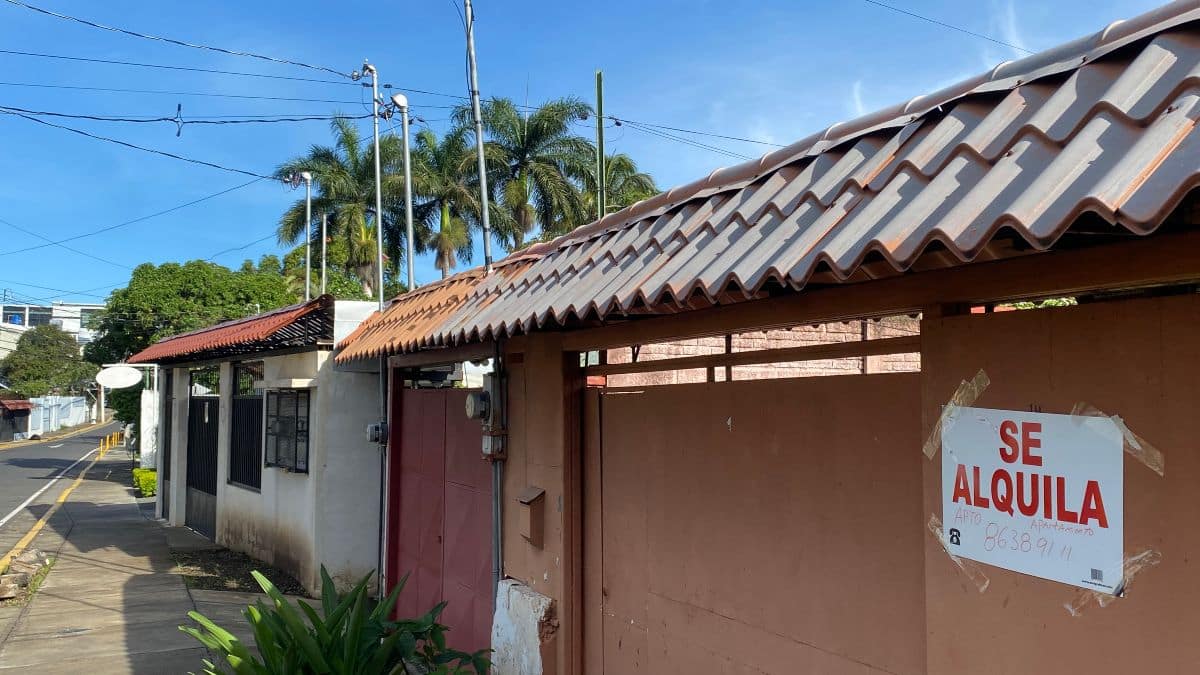US expat Cheri Ballard has ample experience of the Costa Rica healthcare system. Here, she shares some personal stories of how that system has worked for her.
The Costa Rica healthcare system is a one-payer medical system. Every foreigner obtaining residency has to pay into it. The name of this public system is the Caja or CCSS, and what you pay per month will depend on your income.
The System
Getting used to the Costa Rica healthcare system takes a while. Everything is in Spanish and depending on where you live your doctors may only speak Spanish.
You will need to first register with your regional office. Then you will have to register at your local clinic, called the Ebais. Here is where you will get your carnet, which is like an insurance card.

There is more paperwork to fill out here as well and again, it’s all in Spanish. You will need to take your residency card and proof that you have started to pay into the system.
My husband is under the pensionado status of residency and I am his dependent. I have to renew my carnet every year and he has to renew his when his residency card expires. I am not sure how long mine will be good for after we get permanent residency. Once you have your residency and carnet you can then make appointments and see the doctor.
Making Appointments
There’s a website to make appointments, but not all Ebais clinics have the ability for online appointment making yet. Mine does. I can hop onto my laptop and make an appointment for either same-day attention or for tomorrow.

If your clinic isn’t hooked up, you need to get up very early and stand in line to make your appointment for that day. I have seen people get in line before 5:00 AM to make theirs.
If you make your appointment online you will have to get there at least fifteen minutes early to check in at the front desk. They will need to see your cedula, carnet, and proof of payment.
If you make your appointment in person you don’t need to do this. You just go back to the nurse’s station and wait for your call.
My Clinic
I’ve had some wonderful doctors here. My doctor at my local Ebais speaks very little English, but we manage to understand each other (my Spanish still needs work).
My local clinic has an onsite pharmacy. So I can get my prescriptions filled out immediately after seeing the doctor. It’s like a one-stop-shop for me. My monthly Caja payment covers everything. There are no co-pays or deductibles to meet. All our prescriptions are completely covered. The only thing we buy is vitamins.
Personal Experience: My Appendectomy
In 2014 I had to have an emergency appendectomy. We didn’t have a car back then so I took an ambulance to the 24-hour clinic first. A doctor checked me out and he called another ambulance that took me to the hospital in Heredia. They did blood work on me, a urinalysis, an x-ray, and finally an ultrasound.

At this point, I had been at the hospital for about 18 hours.
After the ultrasound, they prepped me for surgery. Turned out my appendix had ruptured by the time they got me on the table. I ended up spending six days in the hospital. Again, I paid nothing out of pocket.
Personal Experience: My Cancer Scare
In 2017 I had a very big scare with cancer. I noticed a tickle in my throat and I had a slight cough. It felt like something was stuck in my throat. Well, after studying medicine in the States I had an idea of what might be going on so I went to the clinic.
My doctor ordered an ultrasound. Now, this can take many months through the public system so I decided to go private and pay out of pocket. We do not have private medical insurance.
The cost of the ultrasound was $60. It found two nodules on my thyroid. They weren’t very big, but they were cause for concern. For some reason she wanted me to have a biopsy done, which was unusual because of how small the nodules were. In the end, it was good, though. After paying $250 out of pocket for biopsy, they found Hurthle cells in the nodules. These can be aggressive if they turn cancerous.

I then decided that I would like to see a private specialist and see what he had to say. He ordered some blood work and another ultrasound. I went private for both, the blood work consisted of five different blood tests and cost around $125. I e-mailed him the results. He didn’t seem too concerned about what was going on with me. I took the results back to my public doctor and she referred me to another specialist within the system.
To make an appointment with a specialist is a pain. You have to go to the hospital and turn in your referral from your doctor. They then give you a date to return, usually in about a week. That’s when you get your appointment for the specialist. Long story short you get an appointment to get an appointment.
I actually got my appointment with the specialist for only a month out. They decided that I was a priority. I ended up seeing an oncologist, an endocrinologist, a pathologist, someone else, and about twelve interns all at the same time. I thought this was a great idea as they were all there together to discuss the case. It saves a lot of time.
They ordered another ultrasound for me, but this one with Doppler imaging. I took those results to my doctor at the hospital and he looked at me and told me to follow him.
We walked together down to admitting and he told them that they would admit me now for surgery. He wasn’t playing around. I went in on a Friday, had surgery Tuesday morning, and went home on Wednesday morning. I no longer have a thyroid. The Caja covered everything.

My Aftercare Within The Costa Rica Healthcare System
I now have to take thyroid hormone replacement and I pay nothing for this medication. Every three months they do blood tests to keep an eye on my levels and again, this is all covered.
The medication here though is the generic brand. It keeps costs down. So, if you need a name brand medication you may have to buy it out of pocket, but there’s no guarantee that you will find it. Before moving here come to visit and ask if your medications are available. You may have to go by the chemical name of the medication as not all names are the same.
The Hurthle cells were not cancerous but were on their way to becoming cancerous. If I would have waited to have this done it would have been a different story. But thanks to the wonderful doctors I have within the Costa Rica healthcare system, I am here to tell you this story.
Related:
- Healthcare In Guatemala: The Basics Expats Need To Consider Before Arriving
- A Tale Of Two Countries: Inequality In Costa Rica
Cheri Ballard comes from Cincinnati, Ohio. She now lives in the remote Costa Rican countryside, around the area of Puerto Viejo de Saripiqui.
